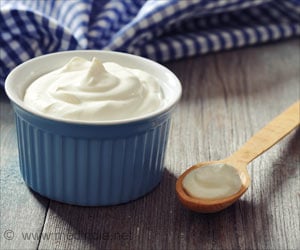Probiotic therapy appears to decrease the occurrence of hospital-acquired infections. When used in critically ill patients with traumatic brain injury, the duration of ICU stay was reduced.
Immunological changes induced by traumatic brain injury predispose patients to infections, sepsis, and other adverse effects. Brain injury induces critical changes that compromise the immune system of the patient. Suppression of immunity sets in early and may last for weeks.Proper function of immune mechanisms requires a balance between T-helper type 1 (Th1) and T-helper type 2 (Th2) cytokines. Cytokines are protein molecules produced by cells of the immune system that serve to regulate immunity.
Traumatic brain injury alters the immune response shifting it from Th1 to Th2 response. The resulting Th1/Th2 imbalance makes patients susceptible to infections, sepsis and other adverse effects. Traumatic brain injury puts patients at increased risk of ventilator-associated pneumonia (VAP); the incidence of VAP can reach 60% in this group of patients.
Experimental studies in mice and patients had shown protective effects of probiotic therapy in allergy. Probiotic preparations contain beneficial bacteria and are most commonly used in the treatment of conditions like infectious diarrhea, antibiotic-associated diarrhea, and necrotizing enterocolitis. The protective digestive flora in human gut commonly disappears following various diseases or treatment with antibiotics, and probiotics help to replace this flora.
Probiotics restore the healthy gut bacteria. Researchers have shown that probiotics reduce the growth of potentially disease causing microbes, improve gut mucosal barrier function, and modulate local and systemic immune functions. However, the use of probiotics in critically ill patients has been a subject of controversy.
A recent study evaluated the effects of probiotics in critically ill patients down with traumatic brain injury. Probiotics used in the study included Lactobacillus bulgaricus, Bifidobacterium longum and Streptococcus thermophilus. Bifidobacteria are the commonest inhabitants of healthy human gut.
The findings of the new study support the safe use of probiotics in critically ill patients. It is worth noting that researchers did not find any adverse effects linked to probiotic treatment.
Source-Medindia














